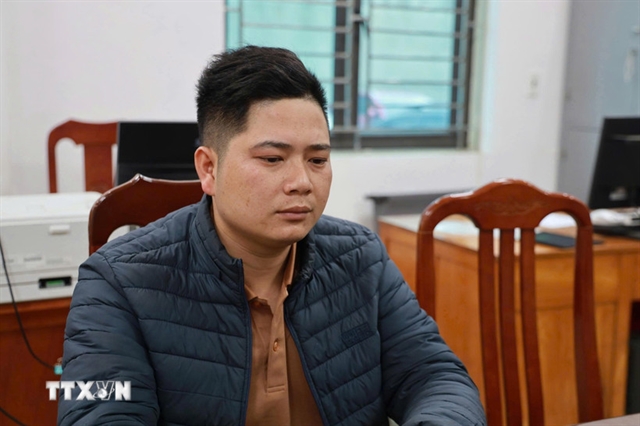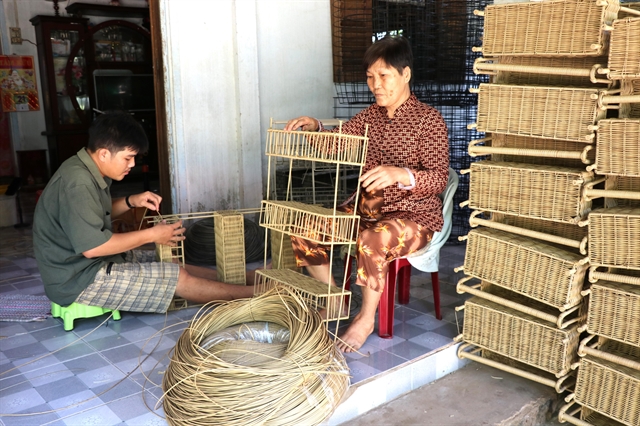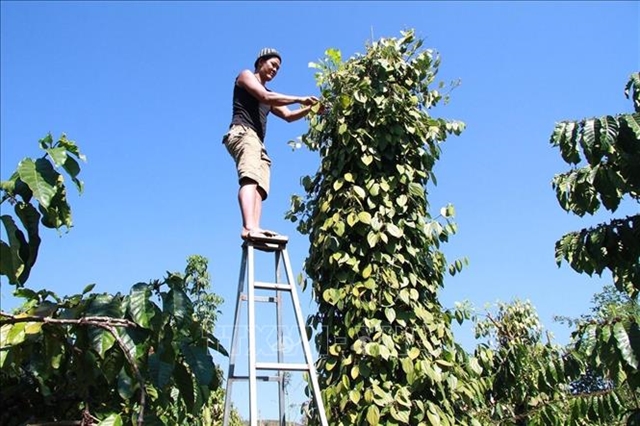 Op-Ed
Op-Ed
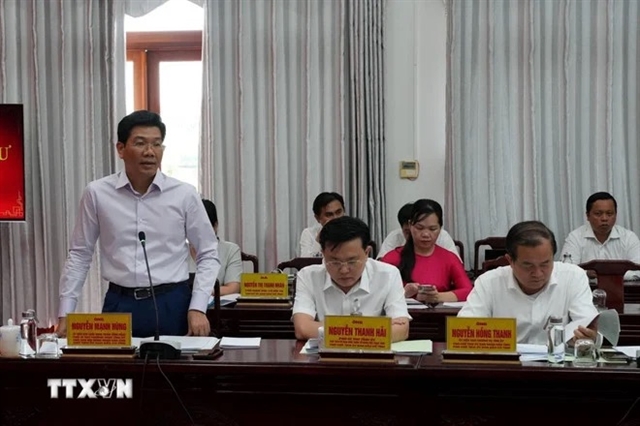
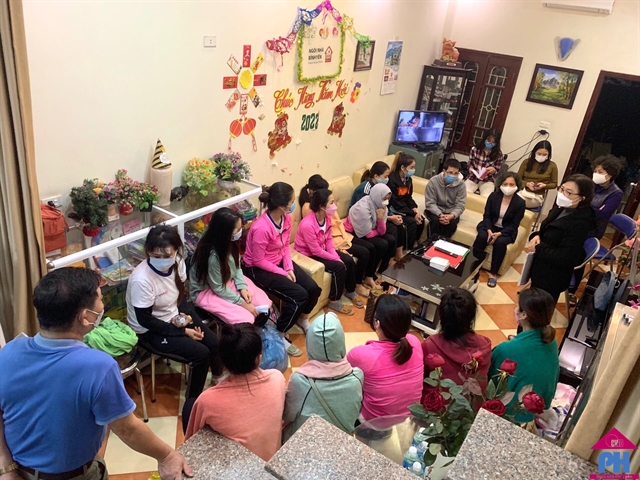
|
| Peace House Shelter is an initiative that supports women and girls who experienced gender-based violence in Việt Nam. — Photo courtesy of Peace House Shelter Vietnam |
Ann Måwe & Pauline Tamesis*
Violence against women and girls is a global, often silent, epidemic. Around the world, one in three women have been subjected to violence at least once in their lifetime. More than five women or girls are killed every hour by someone in their family. One in five women between 20 and 24 were married before turning 18.
In Việt Nam, over 72 per cent of children between the ages of 10 and 14 have experienced violent discipline. Among them, 39 per cent of children suffered from mental violence, physical abuse (47 per cent), sexual abuse (20 per cent) and neglect (29 per cent). Nearly two in three married women have experienced one or more forms of physical, sexual, emotional, and economic violence and controlling behaviours by their husbands in their lifetime, and almost 32 per cent in the last 12 months.
One of these women is My Ha who said: “My husband told me that he would slit my throat if I dared take our children away.”
She lived five years in an abusive marriage, yet she managed to escape with her two children and started a new life for herself. Her story is a story of personal courage. It is also a story of a society that sides with the perpetrator of gender-based violence. My Ha has many examples of family, relatives, and even commune officials trying to keep the family together, despite the presence of violence such as that she had to endure.
Looking into the future, some words of caution are warranted. Several risks on the horizon are likely to exacerbate the prevalence of violence against women and girls. We know that natural disasters, induced by climate change, and conflicts increase the rates of gender-based violence sharply. For Việt Nam in particular, being one of the world’s most vulnerable countries to climate change, these threats need to be taken seriously and their effects on human well-being prevented.
Prevention costs cents to the dollar. Yet, prevention remains underfunded globally. This year’s 16 Days of Activism emphasises the importance of financing the prevention of gender-based violence. These 16 Days are aligned with Việt Nam’s National Action Month, a period where we ramp up our engagement to end all forms of violence against women and girls, including sexual violence. A period where we join forces to ensure that the suffering of My Ha is not replicated.
Violence against women and girls has ripple effects far beyond the human suffering caused to these individuals. Violence against women is estimated to cost Việt Nam 1.8 per cent of GDP per year, encompassing health care, legal services, and lost income, as well as productivity loss as a result of reduced work performance and absenteeism. Moreover, it is estimated that women who experience violence make 35 per cent less in earnings than women who are not abused.
Violence against girls impacts their physical, cognitive, and mental health and leads to lifelong consequences. Thus, investing in violence prevention should also be an integral part of achieving Việt Nam’s ambition to reach high-income status by 2045 – there is no time to spare.
Việt Nam has shown a strong commitment to combatting domestic violence. For example, in 2022, the Law on Domestic Violence Prevention and Control was amended, streamlining a survivor-centred approach. The amended law defines the government’s responsibility to allocate resources to prevent domestic violence and ensure effective response to women like My Ha who have experienced violence at home.
Prevention can take many forms and we can all contribute to creating societies free from gender-based violence. As part of the international community, it is essential to raise the bar, considering that less than 0.002 per cent of the Official Development Assistance in the world is directed at preventing gender-based violence. Ending all types of gender-based violence by 2030 is a target of the Sustainable Development Goals (SDG) – agreed by the world’s governments – and is critical to achieving every other SDG.
To date, progress remains off track. Work remains to be done to ensure transformative, fully-costed prevention policies at the country level. More partnerships are required to raise the resources needed to enable a whole-of-society response. An enabling environment for prevention requires adequate space for diverse actors to join forces. Men and boys need to be part of the solution and promoting healthy masculinity is crucial. Investing in school and education from an early age is vital.
Non-state organisations, notably those working for women’s and girls’ empowerment and enjoyment of human rights, are centrally placed to engage communities to transform social norms and address unequal gender power relations. Investment in high-quality essential public services, including for sexual and reproductive health, as well as economic empowerment initiatives for survivors of violence, are also an intrinsic piece to the puzzle. These need to be available, accessible, and safe.
Individually, we can also play our part. Here are five easy actions we can all commit to:
First, call out violence when you see it, don’t remain silent.
Second, lead by example: show respect to all genders, especially women, children, people who identify as LGBTQI+, people with disability, and other groups who are at higher risk of violence.
Third, share domestic and care work equally in your household.
Fourth, advocate for and, if you are in decision-making positions, invest in prevention efforts within your department, your company, your school, and/or your community;
Fifth, join the #NoExcuse campaign calling for urgent investments to prevent violence against women and girls.
Let’s UNITE – for a better and equal planet for our children and the next generations to come. We wish you all a successful and meaningful 16 Days of Activism. — VNS
*Ann Måwe is the Ambassador of Sweden and Pauline Tamesis is the UN Resident Coordinator. Ann and Pauline are co-chairs of the Informal Ambassador’s’ Group on Gender in Việt Nam.

